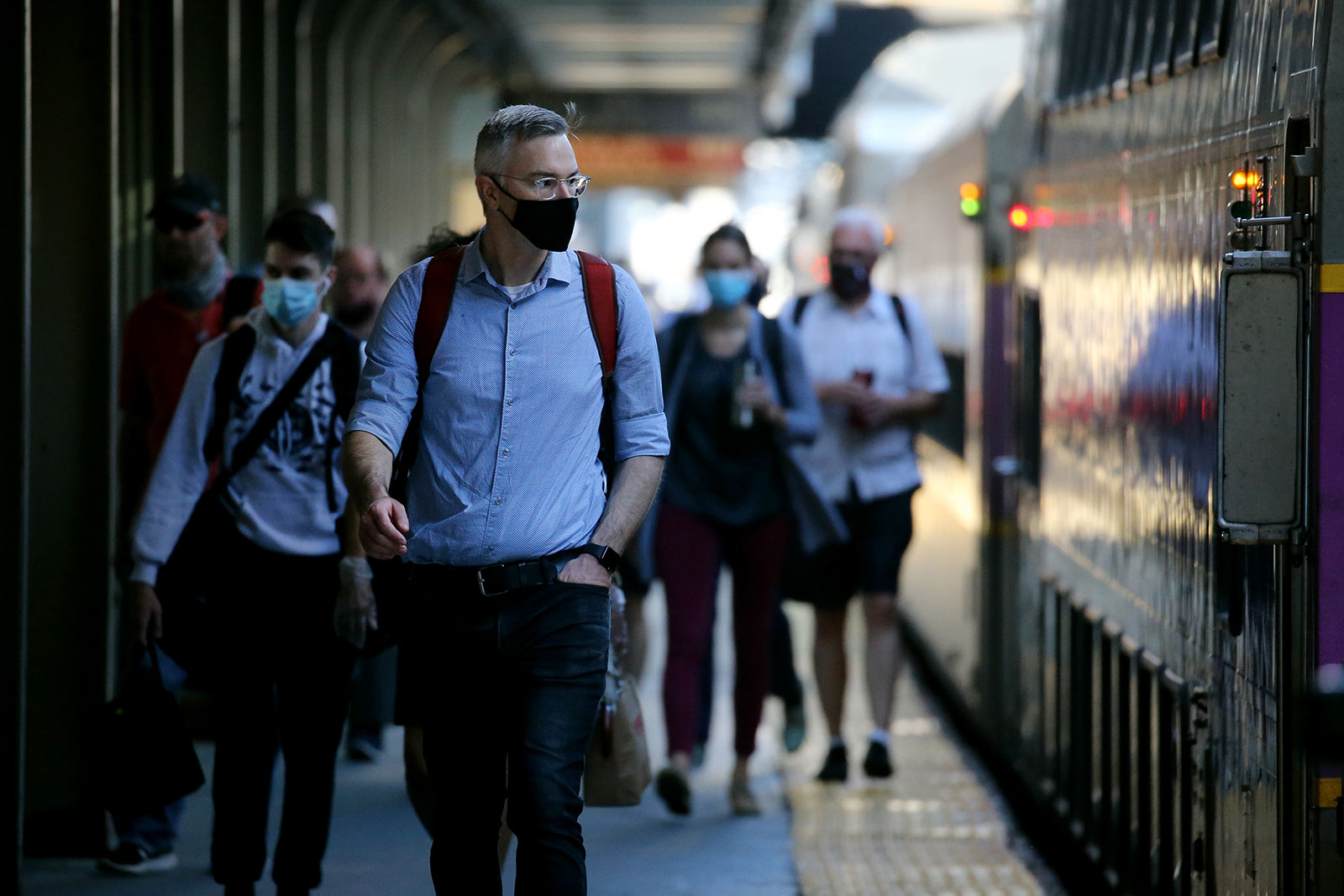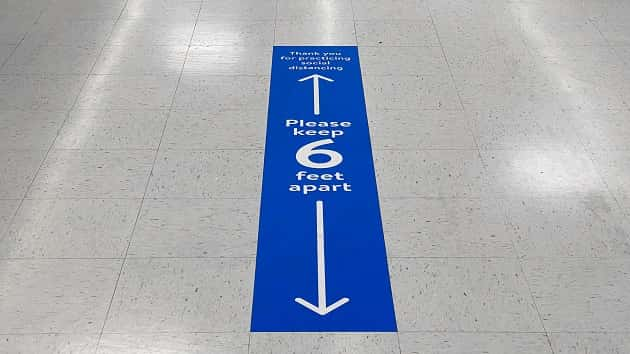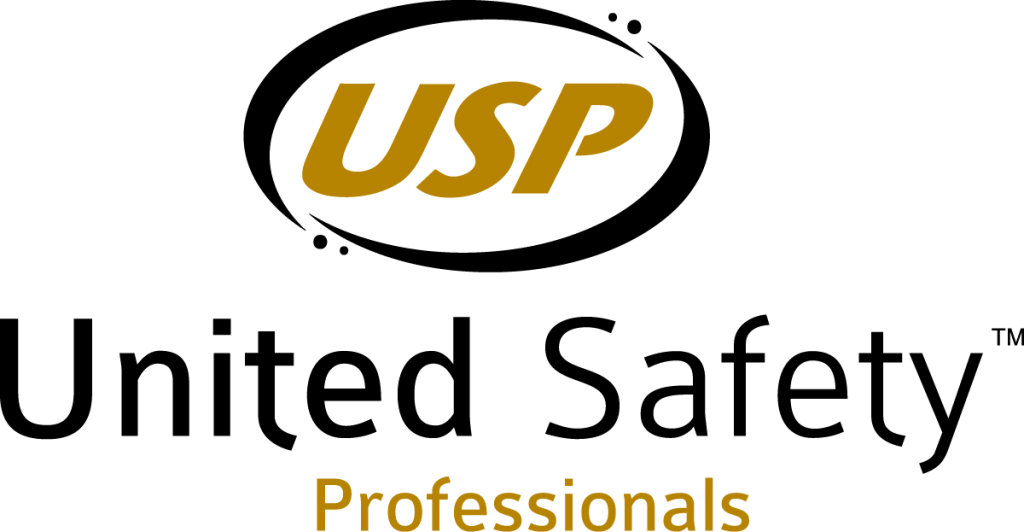With cases of COVID-19 on the rise again, states are reexamining their reopening plans to find a balance between preventing increased infections and preventing another significant lockdown. Massachusetts and Rhode Island, two states who saw a large number of cases early in the pandemic but had since seemed to get cases under control, now find themselves in the midst of another surge, and the respective governments are taking new approaches to help slow the spread.
Massachusetts
The first of the two significant changes to Massachusetts’ plan to fight COVID-19 comes in a new stay-at-home advisory. Beginning Friday, November 6th, Governor Charlie Baker’s executive order advises all Massachusetts residents to remain in their homes from 10pm until 5am. As always, there are exceptions. People are allowed to go to work or school, or go out for essential activities. This includes going to the grocery store or pharmacy, seeking medical or emergency services, and picking up takeout or accepting deliveries. Avoid having gatherings with people not part of your household, and instead use digital avenues, like phone and video calls. If you do leave your home, make sure to continue following social distance guidelines, and wear a mask.
Along with this, many businesses that routinely operate through later hours are now required to close at 9:30pm and remain closed until 5:00am to help curb the spread of the virus. Some of these include:
- Theaters and movie theaters
- Museums and other indoor historical facilities
- Gyms and other fitness centers
- Casinos and horse tracks
- Close-contact services (such as hair and nail salons)
There are some exceptions to this as well. Restaurants must end in-person dining by 9:30pm, but they are still allowed to offer takeout after this time. Stores are required to stop selling liquor by 9:30pm, but if they offer other products, they may continue to do so after that time. For a full list

of establishments required to close by 9:30 under this new guidance, click here.
The second major change comes with a revision to where masks are required in public. Under the updated guidance, people are required to wear face masks or cloth coverings whenever in public, even if one is able to maintain at least six feet of distance from others. This, of course, still does not apply to those who medically cannot wear a face mask without risking their health. But, this new order does allow employers to ask employees for proof of such medical condition, as can schools ask students for similar proof.
Rhode Island
The Rhode Island Department of Health has issued similar guidance to help slow the spread of COVID-19 through the state. Starting November 8th, a stay-at-home advisory is in effect from Sunday to Thursday from 10pm to 5am, and on Friday and Saturday from 10:30pm to 5am. These start times also serve as the times that restaurants, bars, recreational facilities, and personal services must close by. The state is also requesting that businesses cancel all non-essential travel for their employees until further notice.
Rhode Island also outlined clear guidance for congregating with others. Indoor and outdoor social gatherings are limited to 10 people, while

venues of assembly, including theaters and places of worship are allowed to operate at 50% capacity when indoors and at 66% when held outdoors. Masks are also required any time that people will be near someone not in their household. Catered events are allowed 25 guests if held indoors and up to 75 if held outdoors. Healthcare facilities, such as hospitals and nursing homes, are currently at a Level 3, which means that visitation is extremely limited, with only those directly involved with care allowed to see patients. The state has also released guidance on how to safely celebrate the holidays here.
The Department of Health has created a detailed website that contains all necessary information related to COVID-19 in the state, which features more information on other kinds of gatherings, such as athletic events, as well as information on the state’s reopening plan and contact tracing efforts. There is also information on resources for workers impacted by the virus, and lists of all active executive orders.
With these new updates to current safety protocols, Massachusetts and Rhode Island not only hope to keep COVID-19 at bay as much as possible, but aim to avoid putting unneeded strain on their healthcare systems. As this new wave approaches, so does the common cold and flu season, which combined with the current public health crisis, could negatively impact an already tough situation. With everyone following guidance and making good decisions, not only do they help keep themselves safe and healthy, but also those around them.
If you have concerns about your workforce and coronavirus, please contact us today to learn about steps you can take to protect yourself, your family, and your employees. We offer the following COVID-19 safety service options:
COVID-19 Consulting Bundle: Written directive/policy on requirements which can be either a corporate policy or a site-specific policy.
COVID-19 Training (Infection Control Webinar): We offer Open Enrollment Classes and Private Company Sponsored Classes made available at your convenience.
COVID-19 Testing: We now offer COVID-19 Testing Services for Colleges, Universities, Private Companies, And Public Agencies


